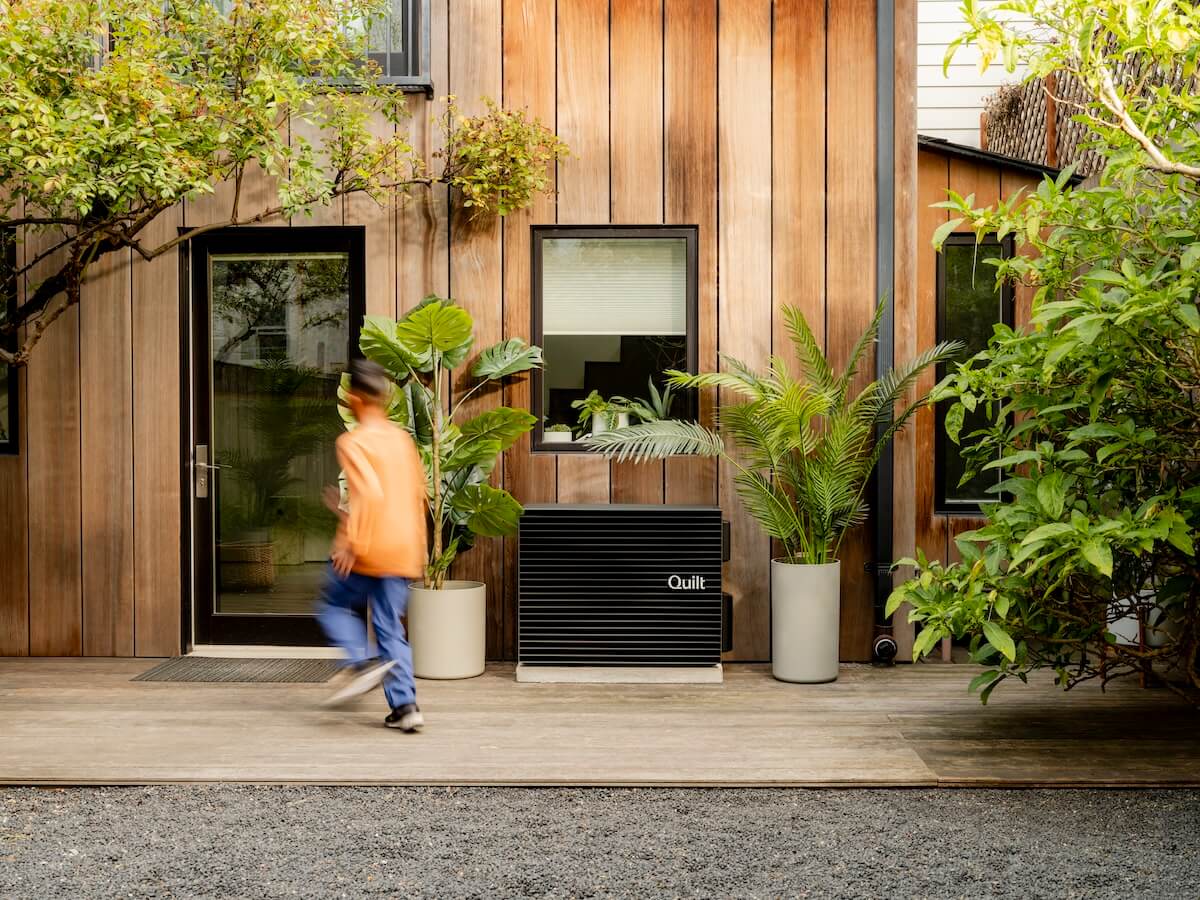ImpactAlpha, Apr. 29 – Social distancing is becoming social mobilization.
As some U.S. states move to re-open their economies while lowering the risk of new COVID-19 outbreaks, they are taking lessons from China, South Korea, Singapore, Taiwan, Hong Kong. Other countries, including Germany and Australia, have been successful in suppressing the virus by going beyond social distancing to also include contact tracing, testing, isolation, and treatment at scale.
“Hunkering down, waiting, and hoping for a miracle” is useless, says Jim Yong Kim, the former World Banker and co-founder of Partners in Health.
In a five-point public health offensive against the coronavirus in the New Yorker, Kim argues the only way to restart the economy for real is with “a decisive investment in a public-health initiative big enough to meet the challenge.”
The cost of hundreds of billions of dollars is small, he says, compared with the costs of America’s puzzlingly passive federal response.
Mobilization
Some U.S. states are going on the offensive.
Massachusetts Governor Charlie Baker is hiring a thousand people for an anti-pandemic blitz in partnership with Partners in Health. The goal: reach and test everyone in the state and get anyone that may have the virus into isolation or treatment (Kim is an advisor).
New York Gov. Andrew Cuomo and Mike Bloomberg aim to recruit and train hundreds of contact tracers, including SUNY and CUNY students. More than 5,000 pharmacies in New York will soon be able to test for COVID-19.
California Gov. Gavin Newsom is building a contact-tracing army of 10,000 librarians, attorneys, investigators and other non-medical volunteers, while expanding the state’s testing capacity to 60,000 to 80,000 tests per day.
Michigan Gov. Gretchen Whitmer says testing and tracing will be big factors in the state’s re-opening strategy. The state has recruited and trained more than 2,000 volunteers to ramp up tracing statewide.
The U.S. alone will need between 100,000 and 300,000 contact tracers, according to several estimates.
Science-led
The last U.S. relief package included $25 billion to ramp up testing. More than a dozen ex- federal health officials led by Andy Slavitt and Scott Gottlieb sent a letter to policymakers calling for the next aid package to include a $46 billion public health investment “to allow states to track and isolate infected populations, which will be a vital part of safely reopening the economy.”
Separately, a well-connected group of physicians and scientists has produced a 17-page report of evidence-based and common-sense recommendations on treatment, vaccines and reopening the economy that’s gaining traction with policymakers.
“We need the entire nation—government, business and science—to unite to defeat this,” Bain Capital’s Steve Pagliuca, who’s helped socialize the report, told the Wall Street Journal.
Pro-economy
“Public health creates economic health,” says New Jersey Gov. Phil Murphy, who plans to deploy up to 7,000 contact tracers as part of the state’s public health-driven plan to reopen.
In past pandemics, stronger responses have yielded better economic recoveries.
In, “Pandemics depress the economy, public health interventions do not: Evidence from the 1918 Flu,” researchers found that the economies of cities like Oakland, Omaha, Portland, Seattle, which enforced above average duration of social distancing during the Spanish Flu, rebounded quicker than those of cities that instituted significantly fewer than days of social distancing, including Philadelphia, St. Paul and Lowell.
The study, “casts doubt on the idea there is a trade-off between addressing the impact of the virus, on the one hand, and economic activity, on the other hand, because the pandemic itself is so destructive for the economy,” MIT’s Emil Verner, a co-author of the study.
Social distancing is just one of the elements of a strong response. “Testing, complemented with a full contact tracing strategy, will allow states to prevent small campfires from becoming big forest fires,” Slavitt told NPR.
States including Alaska, Georgia and Tennessee are pushing to reopen without robust health plans. Texas governor Greg Abbott is letting the state’s stay-at-home order expire Thursday as scheduled without a plan to ramp-up testing.
“Without a durable system in place,” says Kim, “we may find ourselves trapped in a cycle of lockdown and stimulus, waiting and hoping, with no end in sight.”











